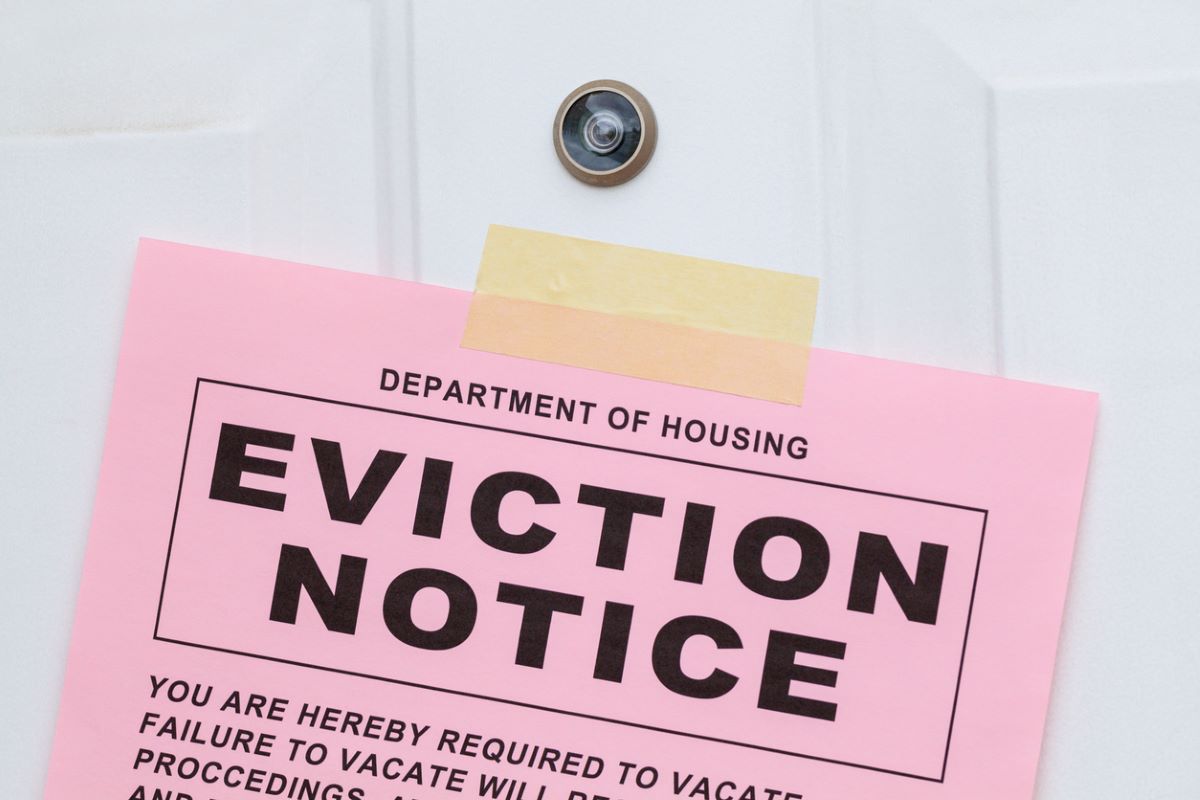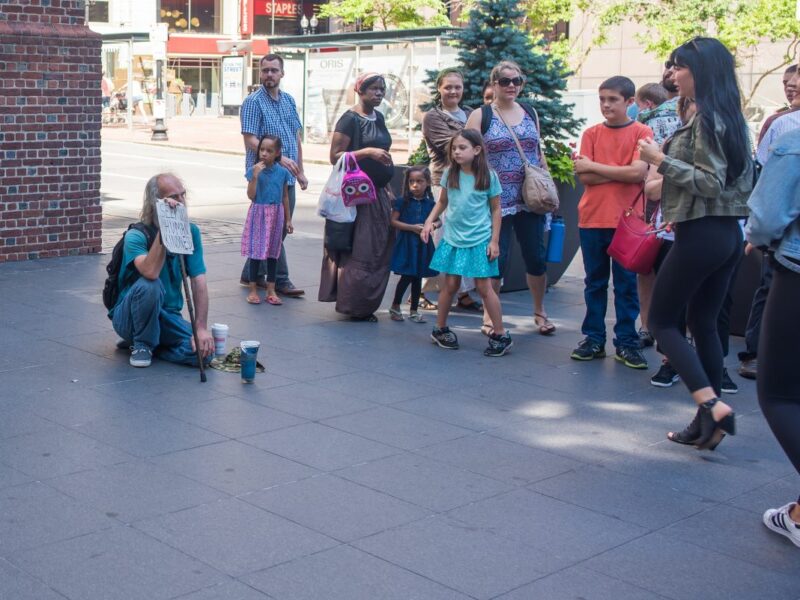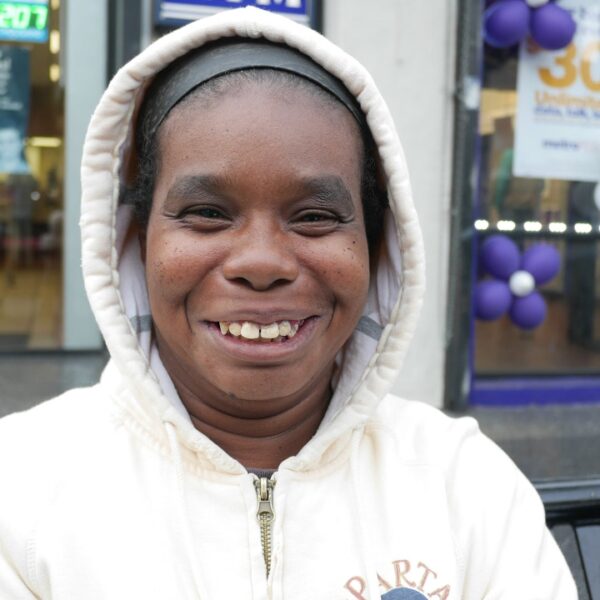There was much ado about the pending storm of evictions back in 2020, but now that it has arrived, the media is decidedly quieter.
In a recent, somewhat disheartening Twitter post, President and CEO of the National Low Income Housing Coalition Diane Yentel announced that as tenant protections are expiring and funds for emergency rental assistance are drying up, post-pandemic evictions are happening again all over the country. In some regions, they are even surpassing historical averages.
It’s not all bad news. Millions of renters have been spared the harrowing prospect of entering homelessness through the door of eviction. However, this new data marks a disturbing trend that could be dangerous if left unchecked. Here’s a look at evictions by the numbers.
19 Cities Have Already Reached or Surpassed Pre-Pandemic Eviction Average Rates and By Astronomical Percentages
According to the most recent Eviction Lab data, which reflects averages from February 27 through March 26, 2022, 19 cities have already reached or surpassed pre-pandemic eviction average rates. Some notable cities include:
- Houston, Texas – surpassed pre-pandemic levels by 70%
- Bridgeport, Connecticut – now boasts a rate 61% higher than before the pandemic
- Austin, Texas – 60% above national pre-pandemic averages and growing
There’s much to be learned from a quick review of these charts regarding renter strategies and homelessness reduction. The numbers speak volumes about the landlords’ ability to immediately revert to eviction as the primary source of dealing with tenant delinquency so long as the law allows.
When comparing and contrasting 2021 data against the numbers now available for 2022, we see a clear division pattern that happens at the renters’ expense almost immediately after protections ended.
Emergency Rental Assistance has Aided and Abetted Approximately 3.7 Million Renter Households
In February of 2022, PEW Research Center reported that approximately 2.47 million renter households were given about $12.6 billion in emergency assistance. Even more optimistically, Diane Yentel proclaimed on Twitter that as of March 31, 2022, that number is up to 3.7 million.
You really can’t go wrong when sparing millions of families from the insufferable weight of eviction. Even if said eviction doesn’t immediately lead to homelessness, the mark of eviction can follow a renter around for decades, creating a lifetime of obstacles in securing stable housing.
In some circumstances where children are named defendants in eviction cases, the crippling poverty can become generational, a vicious cycle difficult to escape.
As the Public Rallied Around At-Risk Renters, 130 New Protections Were Put in Place Staving Off What Could Have Been a Massive Eviction Crisis Involving as Many as 12 Million Renters
In December of 2020, news of a pending “tidal wave of evictions” made headlines in The Independent and all across the nation. Officials said then that if the government didn’t enact measures immediately, a jaw-dropping 12 million renters would owe more than $6,000 in back rent and fees.
The public’s response to this crushing news caused the federal government to implement policies like never before. The government put 130 new renter protections in place in a sweeping move. This included a nationwide eviction moratorium that saved millions of families from winding up on the streets or in the overcrowded shelter system.
Sadly, Many of These Provisions Were Temporary
As much of a silver lining as there is in saving millions of families and individuals from the looming threat of eviction and the subsequent possibility of homelessness, that lining fades once its temporary nature is exposed.
Much like what happened the year before the Great Steel Strike of 1919, hard-working Americans are finding out that these so-called protections were temporary. Corporate landlords fully expect everything to go back to normal. By normal, they mean red-letter door notices. Families will again be thrown out on the streets with their belongings situated behind locked doors. The justice system that heavily favors landlords over renters will resume. The right to evict and raise rental prices at a pace not in line with the current stagnant American wage will prevail.
Speak Up Now, To Avoid Falling Back into the Same Impoverished Pattern
If the pandemic has taught us nothing else, we have certainly learned that public opinion is a powerful weapon in shaping political policy. Now that the numbers are in, it’s clear that both rents and evictions are skyrocketing while federal aid is running out and those previous temporary provisions are halted.
The time to speak up is the present. Failure to do so could mean reverting back to the same impoverished pattern that created a crisis of homelessness involving more than half a million people experiencing its horrors firsthand.
Please alert your legislators of this unsettling shift toward more eviction and the possibility of more homelessness. Remind them that we need policies that prioritize public interest over corporate greed and that renter protections and housing opportunities should be moving in a more permanent direction.













